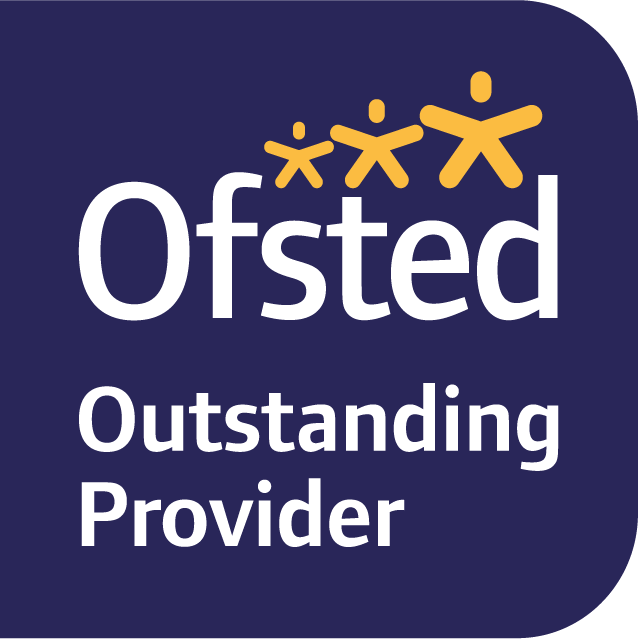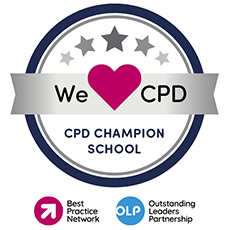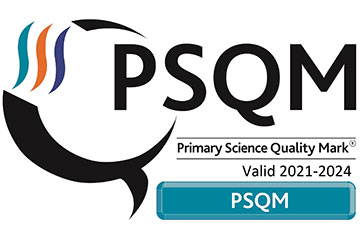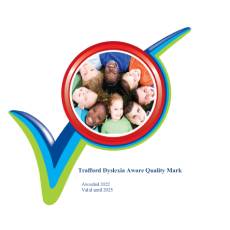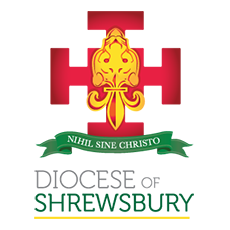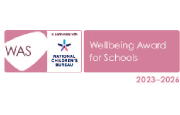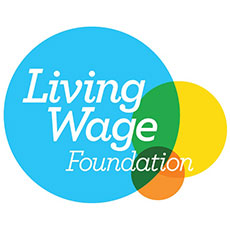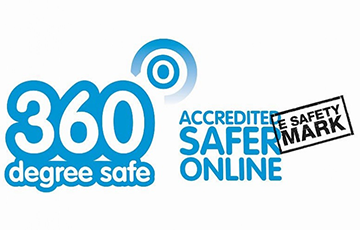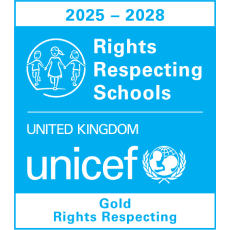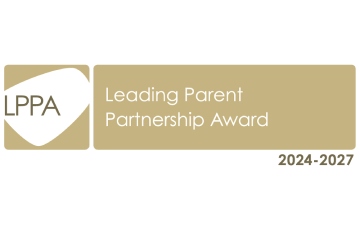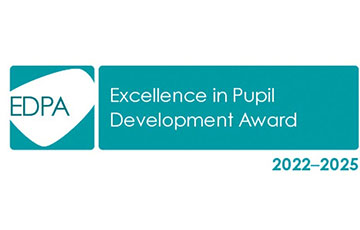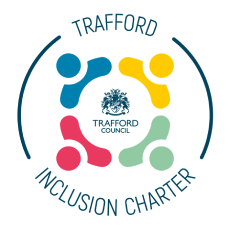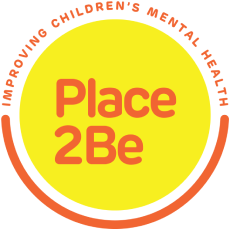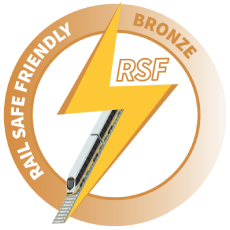Relationship and Sex Education
Relationship and Sex Education (RSE) is based on teaching the fundamental building blocks and characteristics of positive relationships, with particular reference to friendships, family relationships, and relationships with other children and adults. This starts with pupils being taught about what a relationship is, what friendship is, what family means and who the people are who can support them. From Reception, pupils are taught how to take turns, how to treat each other with kindness, consideration and respect, the importance of honesty and truthfulness, permission seeking and the concept of personal privacy. We want all pupils to grow up healthy, happy, safe, and able to manage the challenges and opportunities of modern Britain. In line with the DfE and our Catholic values, this subject is designed to equip pupils with knowledge to make informed decisions about their wellbeing, health and relationships, as well as prepare them for adult life.
From Reception, teachers teach the features of healthy friendships, a range of family makeup, family relationships and other relationships which young children are likely to encounter. In drawing attention to these in a range of contexts, we enable pupils to form a strong early understanding of the features of relationships that are likely to lead to happiness and security. This also helps pupils to recognise any less positive relationships when they encounter them.
Teaching about families requires sensitive and well-judged teaching based on knowledge of pupils and their circumstances. Families of many forms provide a nurturing environment. Care is taken to ensure that there is no stigmatisation of pupils based on their home circumstances and needs, and we are sensitive that some pupils may have a different structure of support around them.
A growing ability to form strong and positive relationships with others depends on the deliberate cultivation of character traits and positive personal attributes in the individual. We encourage the development and practice of resilience and other attributes, this includes character traits such as helping pupils to believe they can achieve, persevere with tasks, work towards long-term rewards and continue despite setbacks. Alongside understanding the importance of self-respect and self-worth, pupils will develop personal attributes including honesty, integrity, courage, humility, kindness, generosity, trustworthiness and a sense of justice. This is achieved in a variety of ways including by providing planned opportunities for pupils to undertake social action, active citizenship and voluntary service to others locally or more widely.
We teach about sexual abuse and harassment in an age appropriate way. Children know what it is and what to do if they are concerned. Our RSE curriculum together with our PSHE curriculum is designed to prevent incidences together with our focus on pastoral care and our culture of respect. Please see our RSE and PSHE Curriculum to see the progression of the curriculum in this area.
We teach Relationship and Sex Education using a scheme of work called A Journey in Love. The Journey In Love scheme is the recommended programme of study for Catholic schools for Sex and Relationship Education, and has been written as a progressive scheme of work that supports the Religious Education, PSHE and Science curriculum taught within school. Throughout A Journey In Love, an aspect of the mystery of love is focussed upon in each group. Children are encouraged to marvel at the wonder and beauty of God’s creative love. This is reflected in each stage of a person’s growth in the Primary Years through a series of suggested, progressive and developmental tasks, activities and reflections which focus on physical, social, emotional, intellectual and spiritual development. As with all aspects of learning, children are naturally curious and many will have questions related to their lessons. Opportunities to discuss questions form part of the lessons and again these are treated with care and understanding. A Journey In Love highlights the importance of parental input and children will be asked to discuss their lessons at home.
Early Years: The wonder of being special and uniquie.
Year 1: We meet God’s love in our family.
Year 2: We meet God’s love in the community.
Year 3: How we live in love.
Year 4: God loves us in our differences.
Year 5: God loves us in our changing and developing.
Year 6: The wonder of God’s love in creating new life.

